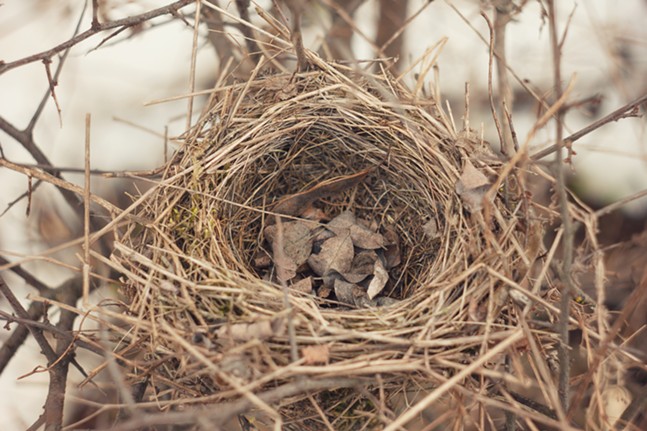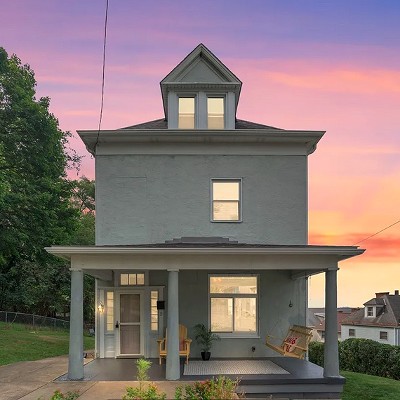When my older kids were still little, I remember the hours between 3:30 and 8:30 pm feeling like an eternity. Afternoon naps were over, we had gone through all of the activities I’d planned, I’d already put in an entire day’s worth of caretaking, and there were still many hours to fill before they went to bed.
When they were teenagers, the tedium of care turned into a different kind of challenge where I felt like during those same hours (after school and work), I put in a second shift that consisted of running them all over town, managing the logistics of multiple schedules that would put a polycule’s Google calendar to shame, overseeing homework, and feeding a house full of people.
During those years, I remember thinking I was so busy that I didn’t have time to think. Starting a family as young as I did means that — when asked what I like to do for fun — I’m at a loss because I don’t remember ever having enough time to develop hobbies. I’ve worked and I’ve raised children. This has certainly been a choice that I’m grateful to have willingly made, but one that’s meant I’ve had little time to develop interests outside of work and family.
In my early 20s, when I was writing papers and chasing a toddler in grad school, I remember one of my professors telling me that raising kids bends time curiously: it makes the day pass slowly and the years pass quickly.
Twenty years later, I’m struck by the deep truth of this as I look around a house that is quiet in comparison to when we bought it eight years ago to accommodate my mom, the two kids from my previous marriage, my partner and me, and the baby we badly wanted to integrate into our lively pack.
Both of my older kids would have to grow up and leave home before I believed this was a thing that would happen. It’s one thing to know on an abstract level that years pass and children become adults; it’s quite another to experience it.
As an introverted writer who likes spending long stretches of time alone, and is very comfortable sitting in silence, I remember longing for a time when I’d have enough space to myself to dive into my projects and spend time with my partner outside the busyness of family life and the demands of child-rearing. The thing that I wasn’t able to see as clearly when I was in the midst of it, though, is that the unique blend of personalities that comprise family life is the pulse that fosters creativity and feeds connection.
My partner and I, for the first time since we’ve been together, have time to think about what kind of life we want to live and how we want to relate to each other within the context of a much different set of circumstances than the ones that we began our relationship under.
As a younger person, I remember hearing people older than me talk about empty nest syndrome and wondering why they weren’t just happy to have the freedom to do whatever they wanted. What I couldn’t have known until I experienced it myself is that the kids we raise become so woven into who we are as people that it is hard to even know what we want or who we are when they are no longer a part of our daily lives. The quiet house makes their absence feel loud.
As a sex and relationship writer, I was trying to imagine how to wrap up this loss in a narrative bow. Do I want to suggest to you that all parents take time to cultivate their relationship as a couple outside of the kids so that they still enjoy each other after the kids are gone? Or, do I want to suggest that you encourage each other to savor the spontaneous beauty of family life (while you still have it), even when it’s hard?
I want to say yes to both, but I think I also want to suggest that there may just not be enough rope to tie the bow neatly. My partner and I recently found ourselves crying together, admitting to each other how much we mourn the way our family used to be, even in all of its complexity. Perhaps it is important to grieve before we can move on to something new. This is true for individual relationships, I think it may also be true for entire family systems.
You can find Jessie on her website or her socials: X: @sapiotextual & Instagram: @curvaceous_sage.














